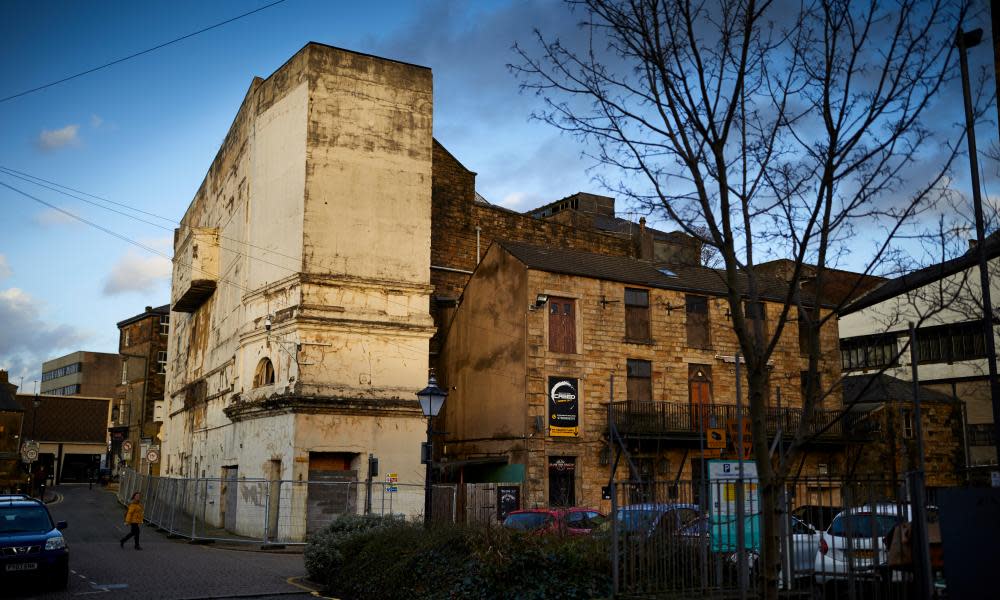Theatres saved from bulldozer by new rules in lockdown

Empty theatres and live music venues that risk falling into disrepair – and, ultimately, into the hands of redevelopers – have been offered a lifeline.
This weekend, the government is revealing new planning rules aimed at preventing the demolition of concert halls and theatres in England.
The communities secretary, Robert Jenrick, has announced that from this week there will be new hurdles protecting buildings that “are an intrinsic part of our cultural heritage” from the wrecking ball. Jenrick believes they will prevent developers acquiring entertainment venues as a result of the social distancing that has caused their regular income to dry up.
The move has been welcomed by Jon Morgan, director of the Theatres Trust. “These revisions to the planning system reinforce and increase protections for our treasured theatres and provide reassurance for the communities that use and value them,” he said. “The Covid-19 lockdown has rendered otherwise vibrant theatres vulnerable to permanent closure and we have already seen a number of theatres fall vacant due to the operator going into liquidation.”
Councils must now take the temporary impact of coronavirus into account when considering any application for permission for a change of use, redevelopment or demolition of a theatre, concert hall or music venue.
In the last month, a historic theatre near Bournemouth was damaged by vandals and another in Burnley, Lancashire, has launched a restoration campaign to keep it in good repair. In Burnley, the Empire Theatre Trust needs to raise £10,000 by September to protect its Grade II-listed building and prevent further deterioration during lockdown. The designer Wayne Hemingway stepped in last week to help find money for essential stabilisation works, such as repairing the roof to stop leaks.
The listed Shelley Theatre in Boscombe near Bournemouth suffered damage that it is thought will cost £2,000 to repair when it was vandalised in mid-June. The theatre, restored in 2013, was already facing financial difficulties.
Theatre manager Zoe Dunne said the cost of repairing a Victorian window could be higher still if original shutters inside the window were also damaged.
Coupled with the large investment in Britain’s arts and heritage sector announced last Monday, the government believes the move offers extra security while venues wait to reopen. “Our theatres, concert halls and live music performance venues are the envy of the world and are central to our cultural heritage,” Jenrick said. “That’s why we’re investing £1.57bn to protect Britain’s cultural, arts and heritage institutions, as well as ensuring these buildings aren’t destroyed.”
Once introduced in a written ministerial statement, the planning policy will remain in place until 31 December 2022.

 Yahoo News
Yahoo News 
